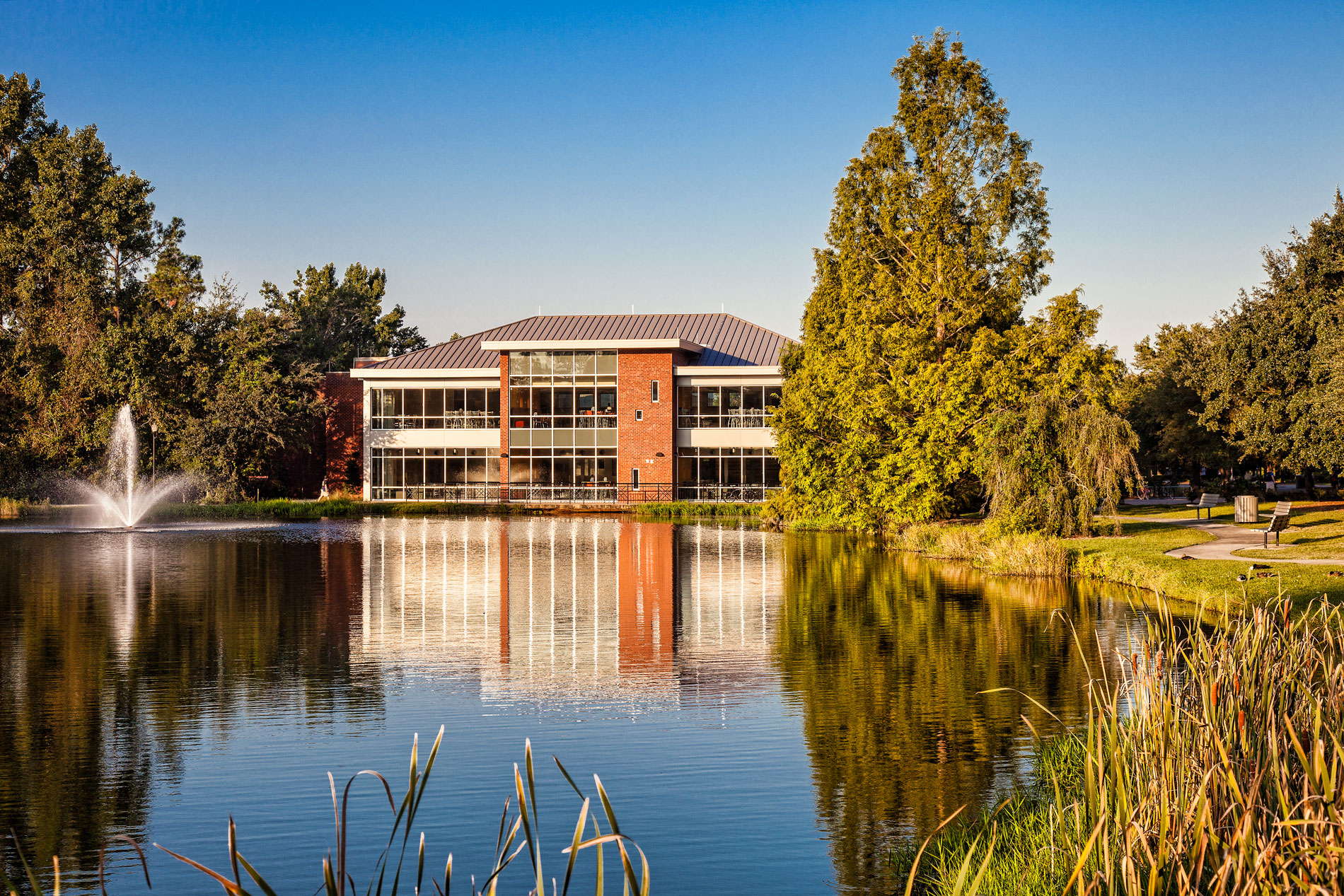Around senior year of high school, most soon-to-be graduates will mentally check out of school with an undiagnosed case of senioritis, and the only thing keeping them from completely giving up is the promise of what is to come: college. Deciding where to go for college was an easy decision for me to make, because, as a graduating senior, I knew one thing for sure: I did not want to go to a college in the same state I grew up in.
The buzz surrounding college decisions made senior year interesting, and my graduating class chose schools from all over the nation. While my peers chose various out-of-state universities, I ended up changing my mind and choosing a school three hours away from my home.
When it came down to it, my desire to go to a university out of state could not beat practicality, so I settled for an in-state institution. Choosing a school in the same state I grew up in meant I had to make some sacrifices—sacrifices that, ultimately, made choosing an in-state college more of a blessing than a curse.
1. Long Distance Travel
Distance makes the heart grow founder, or so the saying goes. As a graduating senior, I was willing to put that ideology to the test by choosing schools no less than five hours away from my home. There are two significant benefits of a five-hour distance from home—freedom and space—and I assumed the only way to get both was to be as far away from home as possible.
Never would I have imagined that trading a five-hour car ride for a three-hour car ride would result in the same amount of freedom and space I so craved. As it turned out, sacrificing long distance travel by choosing an in-state university did not mean sacrificing freedom.
One of the joys of going off to college is becoming an adult. Entering adulthood symbolizes breaking away from your parents and establishing an identity of your own. Ideally, in order to have the freedom to become an adult, you have to get as far from the nest as possible.
In reality, whether it’s on the other side of the country or just down the street, college will inevitably give students the chance to grow into adults and make their own decisions without parental oversight. As it is the place to learn what it means to be an adult, no amount of distance—or lack thereof—will hinder a student’s chance to establish who they are without their parents. I assumed that being closer to home meant relinquishing that opportunity, but I learned that increasing the distance from home only created more disadvantages than advantages.
Beyond granting the same autonomy as an out-of-state school, choosing an in-state school made traveling to and from home easier. First, the shorter distance means paying less for gas. Second, as a result of attending a school with people who live in the same area as me, there are a multitude of carpooling options available to me. For these reasons, settling for a three-hour drive to a university in state did not seem like much of a sacrifice at all.
2. Paying Hefty Out-of-State Tuition
It is no secret that out-of-state schools charge students an arm and a leg, as tuition for attending college abroad is generally around $30,000 or higher. Scholarships are available to help, but finding them is not always as easy as advertised. Financial aid counselors will do their best to mitigate the costs, but students may still have to pay a large portion on their own. The difference in choosing an in-state rather than an out-of-state school is a matter of money—a few thousand dollars to be exact. Trading $50,000 of out-of-state tuition for $23,000 of in-state tuition is a sacrifice my wallet greatly appreciated.
Another considerable advantage of choosing a school in state is residential scholarships, as most states offer scholarships specifically for residents. These are scholarships that, regardless of how impressive your high school GPA was, will not be offered to you as an out-of-state student.
After weighing the costs versus the savings, I realized giving up my opportunity to foot a hefty tuition bill was one I would willingly make over and over again.
3. Being in Unknown Territory
As cliché after cliché can attest to, there are some life lessons that you can only learn while out of your comfort zone, especially while you’re traveling or on the road. Indeed seeing the world allows you to learn about different kinds of people and different perspectives on life. But, no one said that traveling has to mean leaving the country or even your state; in fact, you can reap a lot of the same benefits you would receive from crossing state lines just by visiting a city in a different part of your state. All states have cities that vary from each other geographically and architecturally, so you do not have to travel large distances to experience something new.
Even though I chose an in-state school, I experienced the same change of scenery and appreciation for the world I would have gotten by attending a school is a different state. Moreover, just as the geography and architecture of cities vary, so do the people within those cities. Even within the same state, people from other cities will have different accents or mannerisms that make them just as unique as the landscape of their town.
As an additional bonus, choosing to attend a school within the same state means avoiding the sensation of being in unknown territory. A different city in the same still is still a place that you are familiar with—a place that can still feel like home, whereas traveling to another state to attend an out-of-state school does not offer the same luxury. All in all, the decision to remain in state for college turned being a fish out of water into being a fish in a new pond.












